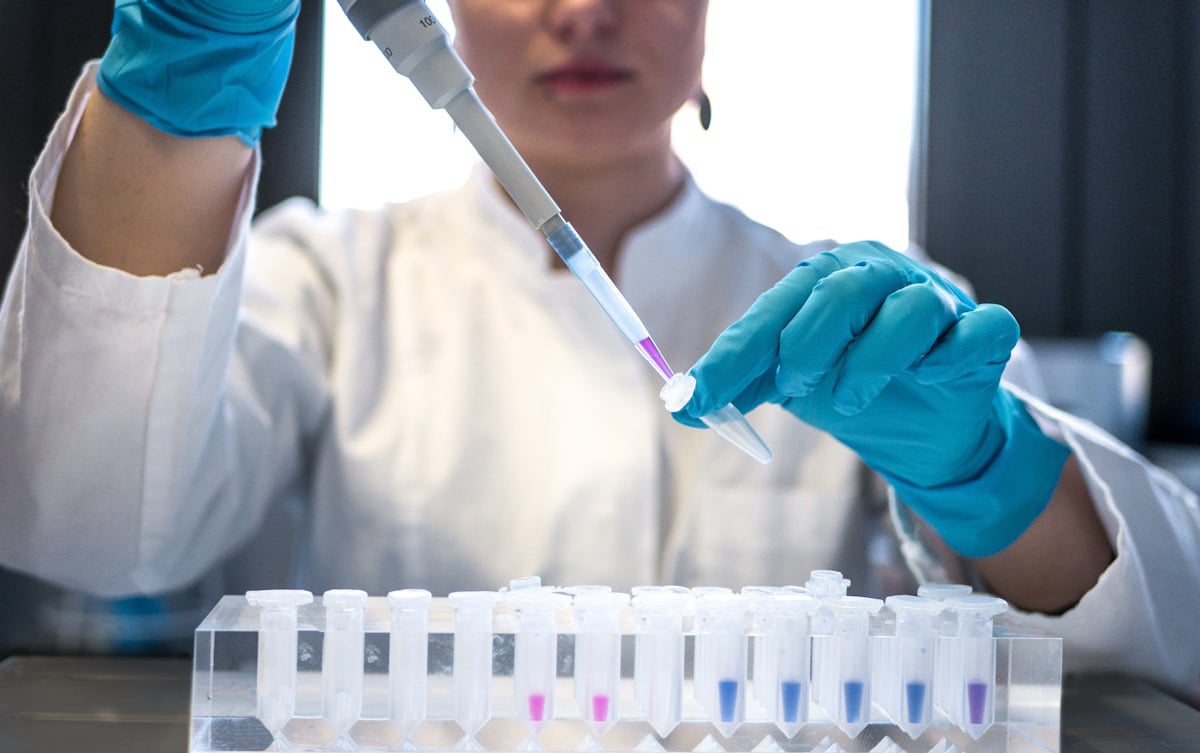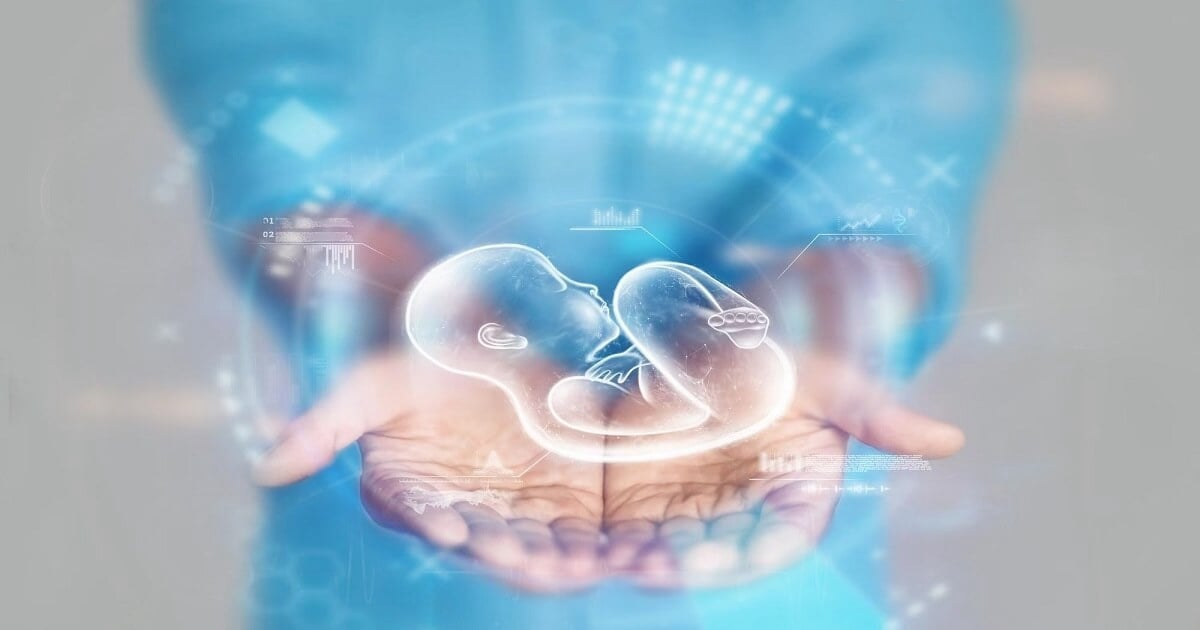Possibilities: Explore Family Planning at Fertility Center & Applied Genetics
In vitro fertilization (IVF) is often the first treatment that comes to mind when people think of fertility care. It’s a process that has transformed reproductive medicine since the birth of the first “test tube baby” in 1978. IVF involves stimulating the ovaries to produce multiple eggs, retrieving those eggs, fertilizing them with sperm in a lab, and transferring the healthiest embryos into the uterus. It’s a well-established option for many infertility cases and has brought joy to millions worldwide.
At Fertility Center & Applied Genetics of Florida, the IVF process is elevated by incorporating in-house genetic testing capabilities. This enables chromosomal screening and single-gene disorder analysis before embryo transfer, reducing the risk of miscarriage and increasing the chances of a successful pregnancy. Patients dealing with issues like advanced maternal age, unexplained infertility, or male factor infertility often start with IVF to understand how their bodies respond to fertility medications and lab procedures.
However, as medical science advances, alternative methods like ICSI Florida—Intracytoplasmic Sperm Injection—have become equally vital in tackling specific fertility hurdles, particularly those related to sperm quality and motility. So how does ICSI compare to standard IVF, and when is it the better choice?

